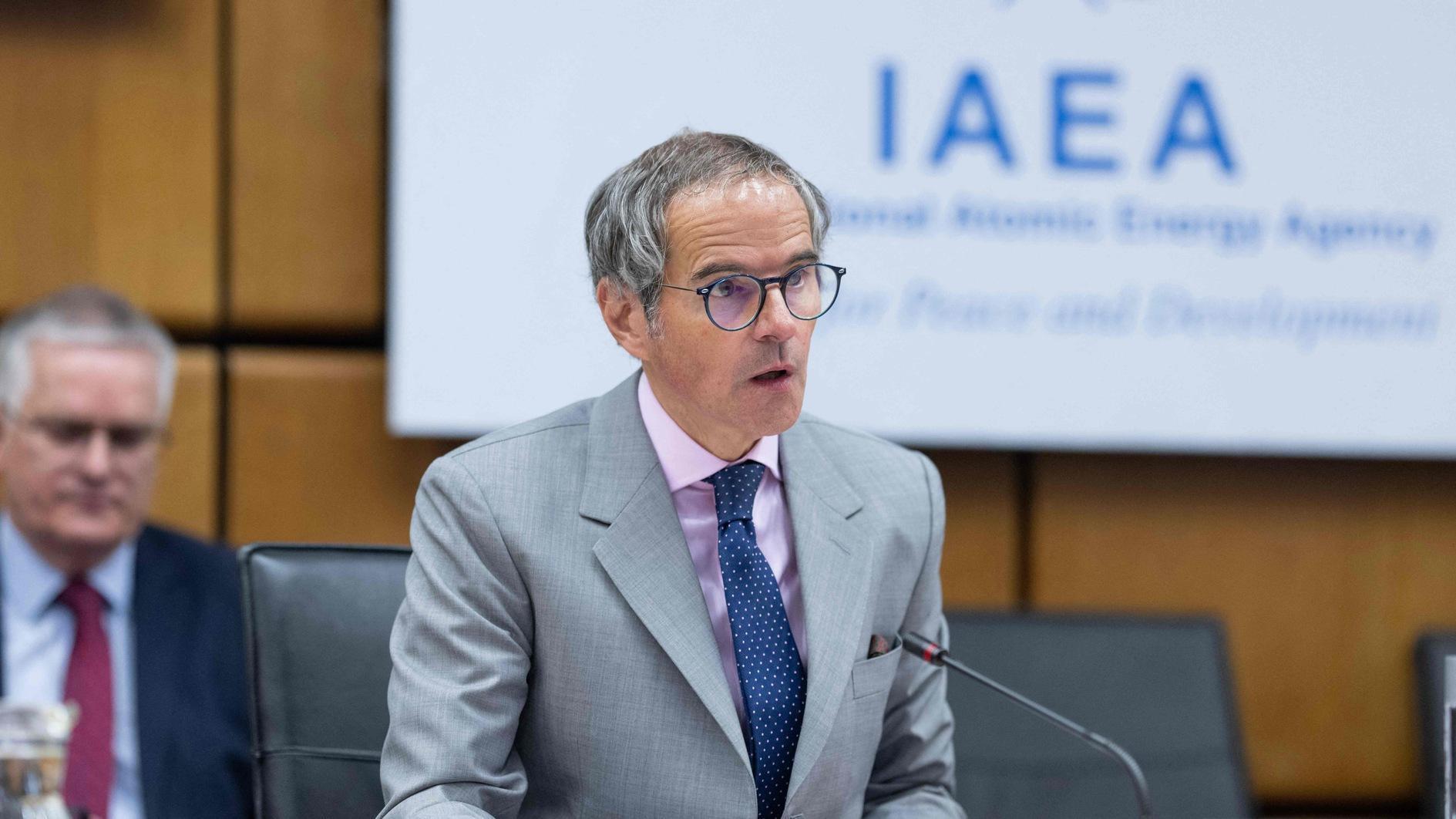Middle Eastern societies in a vicious circle
While I was writing this the other day, the number of martyrs in one day had climbed up to nine. Whatever I write on this issue will remain minimal, as in the Turkish saying: “An ember burns where it falls;” the real pain and sorrow are for the family and friends, at the home of the martyr.
Fighting terror is absolutely justified; it has to be supported. But when you look at the general picture, it is concerning.
Apparently, the terror capacity of the outlawed Kurdistan Workers’ Party (PKK) has not decreased in recent years; it has increased. The votes of such parties as the Peoples’ Democratic Party (HDP) have doubled in recent years.
The effect of the developments in the Middle East and especially in Syria is significant but the government should also do some genuine soul-searching on what mistakes it has done domestically and in foreign policy.
These topics are frequently written and debated. There have been incredible changes in the Middle East in the century but there is one thing that has not changed: Middle Eastern societies do not have any settled legal and state systems. In the 21st century, it is still tribal and sectarian structures and mentalities that are dominant. The Islamic State of Iraq and the Levant (ISIL) and the Bashar al-Assad regime are the products of this structure.
The real reason that Israel is more successful than all the Arab societies in the Middle East is that its state system is more consistent and that they are more advanced in science and technology.
This factor was also very important in the foundation of Israel. I was doing some thorough research for a “1919-1920” documentary I am preparing, covering the end of the Ottomans, its division and the Liberation War…
When I reread David Fromkin’s book, “A Peace to End All Peace,” it caught my attention. I want to share it with you.
It is the period toward the end of World War I when the Middle East was to be divided in line with the Sykes-Picot Agreement. Lloyd George in the British War Cabinet strongly supported the formation of a Jewish state in Palestine; Lord Curzon opposed it. Curzon was arguing that the dry and barren Palestine land would not be able to feed the new population. However, a Romanian Jew, an agriculture expert and botanist who was also a British intelligence officer, Aaron Aaronsohn, found what he was looking for in the skirts of Mt. Hermon in Palestine: A wild wheat type that grows on dry and barren land.
Fromkin wrote that it had been proven that “millions more could be settled on land made rich and fertile by scientific agriculture,” and thus the path to Zionism, in other words, the formation of a Jewish state in Palestine, was opened.
Indeed the Jewish population to be settled there was educated and familiar with technology.
We can interpret historic events the way we wish to; but this is an obvious and significant factor: The supremacy of the West in the world started with the advancement of analytical and scientific thinking. Before that, the supremacy was with the Ottomans and in Asia it was with China.
Western colonialism, Western imperialism… Well, wasn’t it trade and the Industrial Revolution that gave the West this power?
The position of Israel is also the same. Of course the support that first and foremost came from America and the mystical connections with the Protestant world are exceptionally important.
Middle Eastern societies are in a vicious circle: The destruction experienced in Palestine indeed fuels rage and militants… Colonialism and even the Crusades are still in the memories.
However, this psychology is preventing societies from focusing on science and technology.
Wasn’t colonialism experienced in the Far East at the same level of viciousness? Nevertheless, Far Eastern societies succeeded in focusing on science and technology.
There is not one Middle Eastern country that has half the economy and technology of Taiwan.
We should of course monitor daily events and do whatever is necessary; but we should not forget that the main factor is school, university and research institutes; it is free thinking, a settled order of law. No incident should make us forget this essential factor.











